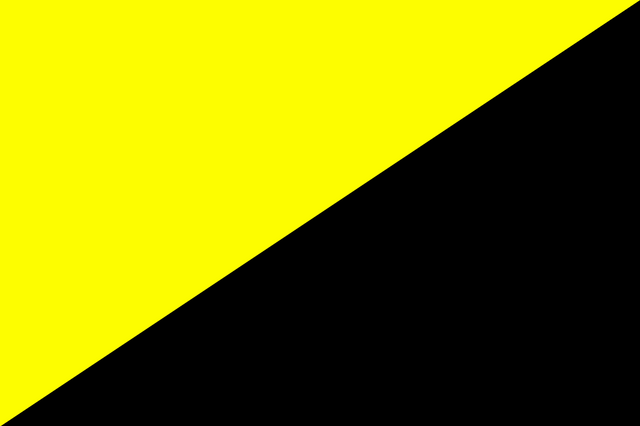While I myself called myself a libertarian for some time and find their general view of the world much less repulsive than your typical American, there is one major flaw in this ideology. It’s ultimately what lead me to call myself an anarchist.
Simply this: If governments enforcing political ideas via force is not palatable in some instances (such as what we put in our bodies or do in our own bedroom) why are they acceptable in others?
If you are against force and coercion the answer is simple. Government is not morally excusable and has no right to enforce anyone’s ideas or wants, let alone even exist.
To limit government to a small, but somehow acceptable amount of uses, leaves an opening for what only promises to be a slowly expanding number of uses until your “limited government” isn’t so limited anymore. Bring back Thomas Jefferson and his buds and ask them if they agree now.

One cannot delegate powers that they don't have and even less imagine onto others, there is nothing quite as absurd as that, try to find ONE concept that can touch such an insanity as "necessary evil, social contract" or any other euphemism for mind control.
Downvoting a post can decrease pending rewards and make it less visible. Common reasons:
Submit
While I understand your point of view, I think it's a little overinflated. Cooperative governments such as those idealized by Proudhon can be a good solution in local communities and work very well with the alternative methods of conflict resolution that have emerged in the legal arena in recent decades.
However, the state is still a necessary evil. Many individuals still do not recognize the limits of social life and go beyond the sphere of the other's rights. Without the coercive force of the state, this could install chaos. On this, you can look for Hart's books about the concept of law (one of his book's title).
Lastly, you have placed myself twice at the beginning of the text.
Downvoting a post can decrease pending rewards and make it less visible. Common reasons:
Submit
Why and How?
Why are cooperative governments a good solution and how are they a good solution?
Why do they work very well with the alternative methods of conflict resolution that have emerged in the legal arena in recent decades, and how?
A necessary evil because some cannot recognize the limits of social life and go beyond the sphere of other's rights? So it's ok to tell people what they can't and can do with their bodies, their labor and their property because they don't know better? And who knows better?
And how does chaos play into yours assumption/supposition when there are 100 million people living in complete anarchy WITHOUT chaos for centuries: Zomia. As for law:
“good people do not need laws to tell them to act responsibly, while bad people will find a way around the laws”
Downvoting a post can decrease pending rewards and make it less visible. Common reasons:
Submit
I have said how: Proudhon and Hart. Read them. A necessary evil because of crimes. We have evolved a lot since the private retribution and public execution, those punishments can not and are not accepted. Furthermore, exile is not a realist punishment because societies are everywhere.
Zomia is an example of small self-governing communities. They are ethnically homogenous, and this competes for the minimalization of conflicts. However, when we speak about civilizations highly heterogenic and with a constant raising of rights, those governments cannot sustain very long.
Downvoting a post can decrease pending rewards and make it less visible. Common reasons:
Submit